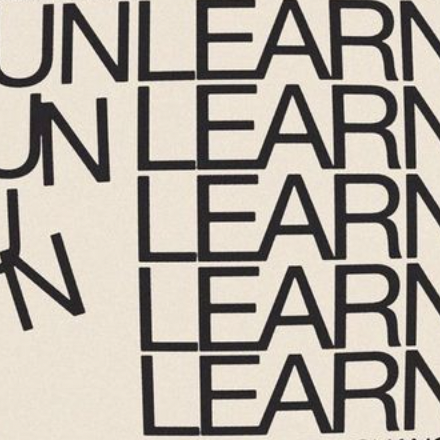How often have you heard someone use the word toxic to describe a relationship? Is it really toxic or just miscommunication and unset boundaries?
With social media at our fingertips, our ability to psychoanalyze comes with little to no repercussions. To keep the emphasis on these terms, we have to understand what they mean. Our team sat down with relationship coach Morgan K to chat more about current buzzwords and their impact.

Love Bombing
Love bombing is a manipulative tactic that involves lavishing someone with attention, praise, gifts, and affection, with the goal of influencing or controlling their target. Love bombing can happen in romantic, platonic, or familial relationships. It’s important to look at behavior patterns, focusing on impact vs. intention.
In Interpersonal Relationships: It can look or feel like love, especially to people with histories of neglect/trauma, but the main difference is that it’s inherently transactional and conditional.
In Work/Other Relationships: It can look like, “I’m not acting as I should most of the time, but here’s this grand gesture so you can’t be mad at me.”
Toxic Individualism
Toxic individualism is an attitude that places self-interest and independence above community need and interdependence. It can manifest itself as the belief that any inconvenience or request for accommodation is an infringement of rights. Independence is a reasonable goal, but asserting personal freedom is not an excuse to evade consequences from harm caused. It’s important to note that toxic individualism is not the same thing as a ‘selfish’ individual.
In Interpersonal Relationships: This often looks like militant autonomy with an unwillingness to ask for support or be vulnerable. As well, there is usually a rejection of any boundaries that are deemed inconvenient.
In Work/Other Relationships: This can be seen as a rejection of accountability. During the peak of the pandemic, we saw this with people saying, “I’m not going through the inconvenience of wearing a mask or social distance, even if the stakes are your life.”
People-Pleasing
In my opinion, people-pleasing is an avoidance of conflict or avoidance of self-advocacy. This pattern can come from several different reasons and reactions; Often people who exhibit this behavior were raised in a space where they always had to comply.
In Interpersonal Relationships: It can look like one partner compromising their needs to please the other partner without them asking. In less equitable dynamics, there could be bullying or unreasonable demands, with punishment if there is not compliance
In Work/Other Relationships: This can be seen as a pattern of overcommitting in order to feel needed or accepted in the workplace.
Disclaimer from Morgan:
I consider these comments a way to prompt community discussion, rather than declaring a comprehensive definition. If you want to continue the conversation, leave a comment or reach out to me!
In Work/Other Relationships: This can be seen as a pattern of overcommitting in order to feel needed or accepted in the workplace.

